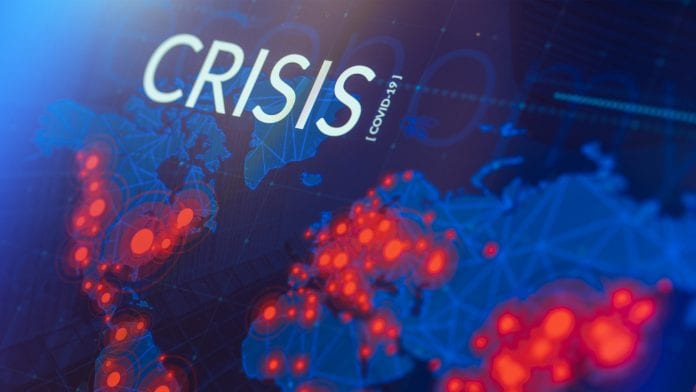
A team of researchers have explored the genomic and life history traits of three classes of viruses that have contributed to historical global pandemics and have identified natural chemical compounds that could potentially disrupt future pandemics.
The team from Scripps Institution of Oceanography and Skaggs School of Pharmacy and Pharmaceutical Sciences at the University of California San Diego have described the biology of three families of RNA viruses – Coronaviridae, Flaviviridae, and Filoviridae – and how they infect human cells. Within these three families are viruses that have led to COVID-19, dengue fever, West Nile encephalitis, Zika, Ebola, and Marburg disease outbreaks.
In the review, appearing in the Journal of Natural Products, marine chemists Mitchell Christy, Yoshinori Uekusa, and William Gerwick, and immunologist Lena Gerwick highlight how natural chemical compounds, such as those derived from marine environments, could halt the viruses’ spread in the future, and lead to possible treatment strategies.
Compounds found in marine environments
The research team from Scripps Oceanography’s Center for Marine Biotechnology and Biomedicine (CMBB) collects and analyses chemical compounds found in marine environments for potential efficacy as antibiotics, anticancer therapies, and other products with medical benefit. For example, the drug Marizomib, which came from a genus of marine bacteria that CMBB researchers had originally collected in seafloor sediments in 1990, entered the final stages of clinical trials as a potential treatment for brain cancers in 2020.
First author, Christy, said: “We wanted to evaluate the viruses that are responsible for these deadly outbreaks and identify their weaknesses. We consider their similarities and reveal potential strategies to target their replication and spread. We find that natural products are a valuable source of inhibitors that can be used as a basis for new drug development campaigns targeting these viruses.”
The team identified compounds produced by marine and terrestrial organisms that have some demonstrated level of activity against the three virus families.
“It is simply common sense that we should put into place the infrastructure necessary to more rapidly develop treatments when future pandemics occur,” say the authors. “One such recommendation is to create and maintain international compound libraries with substances that possess antiviral, antibacterial, or antiparasitic activity.”
They note that international agreements would be needed and that effective antiviral drugs are still much in need of discovery and development.

























